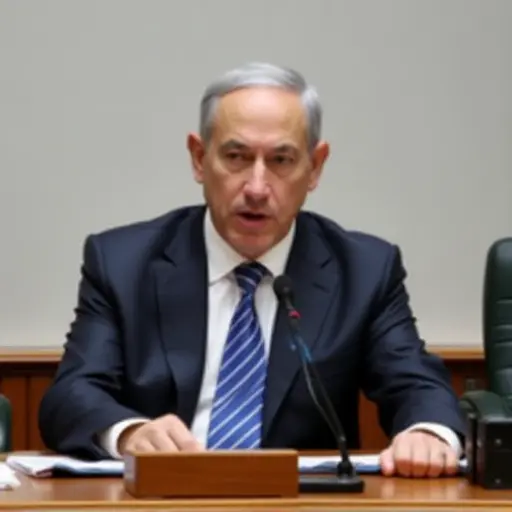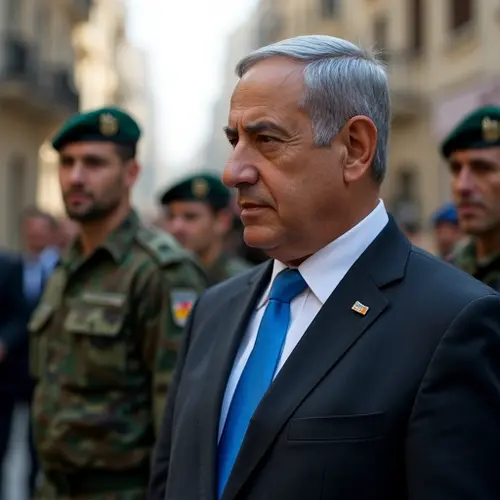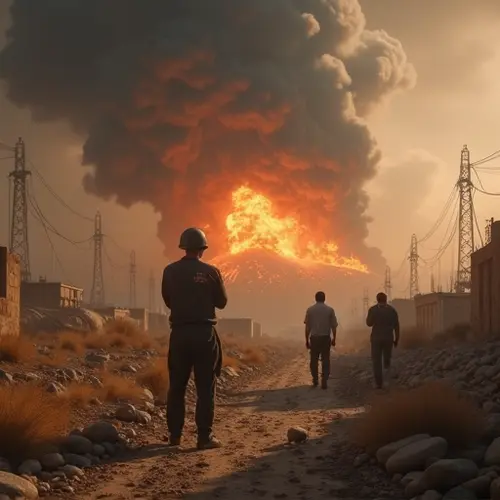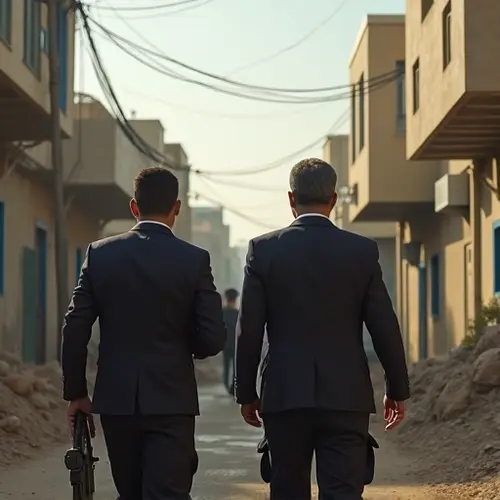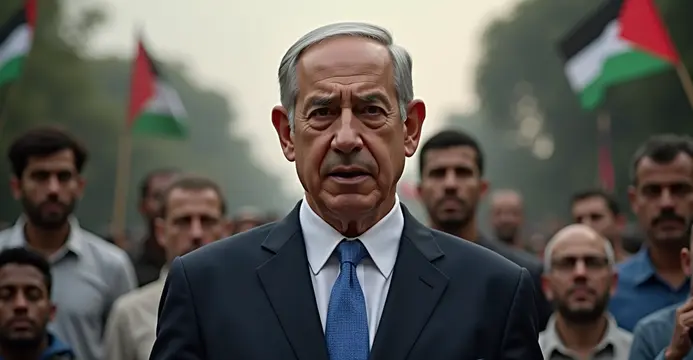
Netanyahu's Push for Full Gaza Occupation Meets Opposition
Israeli Prime Minister Benjamin Netanyahu's proposal to militarily occupy the entire Gaza Strip faces significant domestic opposition despite support from far-right cabinet members. The plan would require deploying tens of thousands of additional troops to control remaining areas including Gaza City and central Gaza, potentially lasting up to two years.
Military Leadership Concerns
Chief of Staff Zamir opposes the escalation after recently withdrawing troops for rest. Morale remains low among conscripts and reservists, with many ignoring active-duty call-ups. Political scientist Ely Karmon warns that densely populated urban combat would endanger both Israeli soldiers and Palestinian civilians, noting 40 soldiers died in July alone with minimal strategic gains.
Hostage Execution Fears
Former ambassador Daniel Shek, representing hostage families, states that occupying Gaza City would trigger Hamas' standing order to execute remaining captives when troops approach. This follows the August 2024 discovery of six hostages killed moments before Israeli forces reached their location.
Humanitarian and Diplomatic Consequences
Half a million displaced Palestinians already endure catastrophic conditions in the 14 sq km al-Mawasi "safe zone," which has faced repeated Israeli attacks. Full occupation would worsen overcrowding while straining Israel's economy through responsibility for basic services. Karmon notes deteriorating relations with allies like Canada, France and the UK, warning more countries may recognize Palestinian statehood amid rising global antisemitism.
Political Standoff
The cabinet remains divided as protesters demand war cessation. Netanyahu's coalition partners support the offensive despite military exhaustion and international condemnation. Experts question the sustainability of long-term occupation against potential guerrilla resistance.

 Nederlands
Nederlands
 English
English
 French
French
 Deutsch
Deutsch
 Espaniol
Espaniol
 Portugese
Portugese




